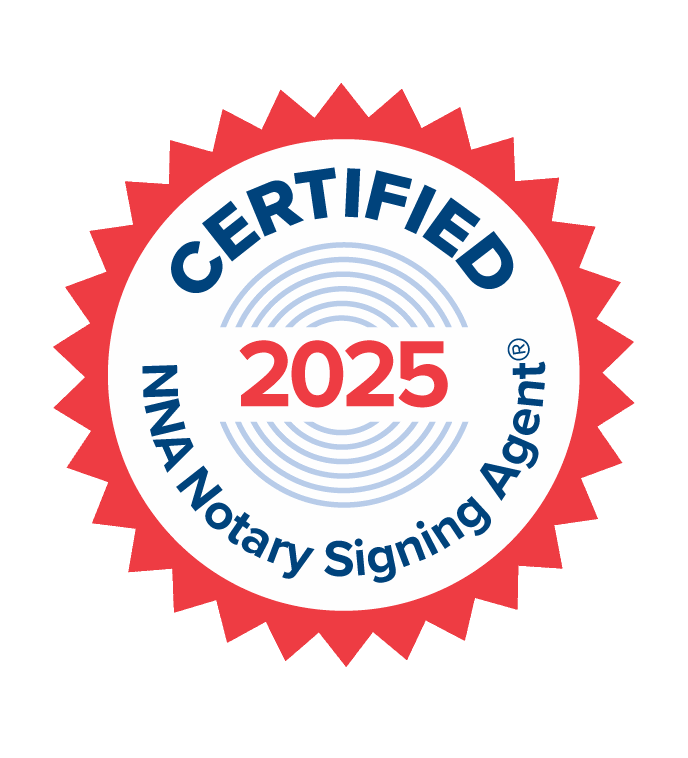The Role of a Notary Public in Real Estate Transactions
Understanding the Role of a Notary Public in Real Estate Transactions
When it comes to real estate transactions, the role of a notary public is often overlooked, yet it is crucial. A notary public acts as an impartial witness to the signing of important documents, ensuring that all parties involved are who they say they are and that they are signing willingly and knowingly. This added layer of verification helps prevent fraud and protects both buyers and sellers.

Verifying Identities
One of the primary responsibilities of a notary public in real estate transactions is to verify the identities of the parties involved. This is done by examining government-issued identification documents such as passports or driver's licenses. By confirming the identities of the signers, the notary helps to prevent identity theft and ensures that the transaction is legitimate.
Ensuring Voluntary and Informed Signing
Another critical role of the notary public is to ensure that all parties are signing the documents voluntarily and with full understanding of what they are agreeing to. The notary will ask each party if they understand the document and if they are signing it of their own free will. This step is essential in preventing coercion and ensuring that the transaction is fair and transparent.
Administering Oaths and Affirmations
In some real estate transactions, the notary public may be required to administer oaths and affirmations. This involves asking the signers to swear or affirm that the information contained in the documents is true to the best of their knowledge. This additional step adds another layer of accountability and helps to ensure the integrity of the transaction.

Certifying Copies of Documents
Notaries public are also authorized to certify copies of documents. In real estate transactions, this can be particularly important for documents such as deeds, titles, and contracts. By certifying a copy, the notary public is attesting that the copy is a true and accurate representation of the original document. This certification can be crucial for record-keeping and for providing proof of the transaction.
Recording the Transaction
Once the documents have been signed and notarized, the notary public will often be responsible for recording the transaction in a notary journal. This journal serves as an official record of the notarization and can be used as evidence in the event of a dispute. The notary will record details such as the date, the names of the parties, and the type of documents signed.

Providing Legal Advice
It is important to note that while notaries public play a critical role in real estate transactions, they are not authorized to provide legal advice. Their role is to witness the signing of documents and to ensure that the process is conducted fairly and legally. If you have legal questions or concerns about a real estate transaction, it is important to consult with a qualified attorney.
The Importance of Choosing a Qualified Notary Public
Given the critical role that notaries public play in real estate transactions, it is essential to choose a qualified and experienced notary. Look for a notary who is licensed and bonded, and who has experience with real estate transactions. A qualified notary can help ensure that your transaction is conducted smoothly and legally, providing you with peace of mind.
In conclusion, the role of a notary public in real estate transactions is multifaceted and essential. From verifying identities to ensuring voluntary and informed signing, notaries provide an important layer of protection and accountability. By understanding the role of the notary public, you can better appreciate the importance of their services and ensure that your real estate transactions are conducted smoothly and legally.

